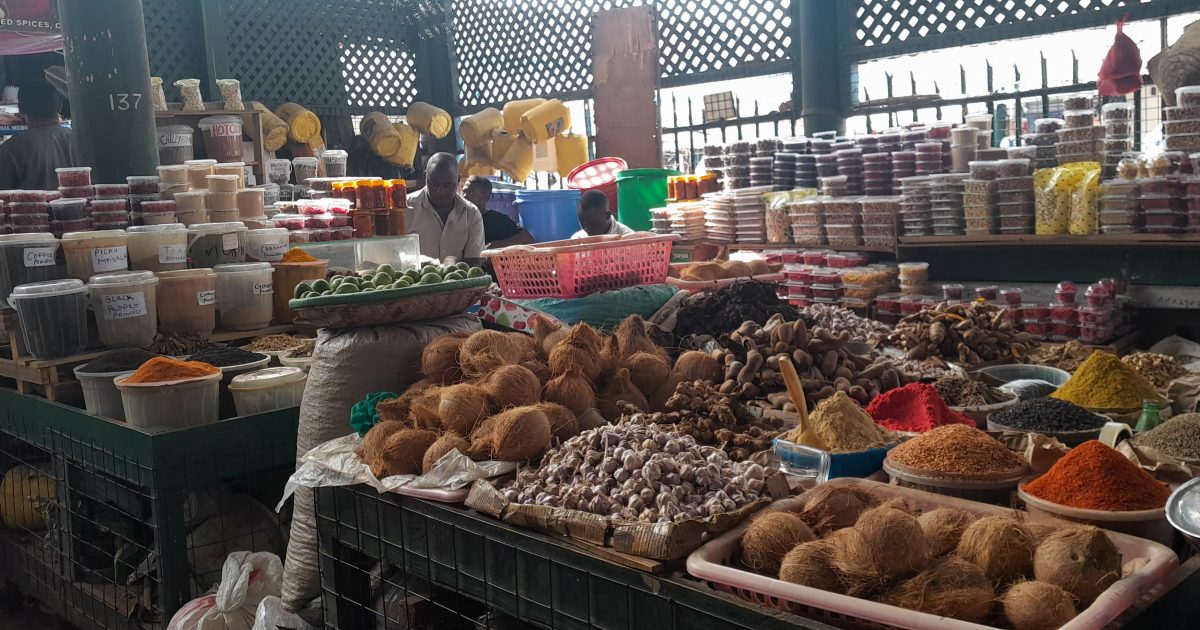'Tasty but risky': Why you should stop adding raw salt to cooked food

The addition of raw salt (sodium chloride) to ready meals is so ingrained that many exceed the recommended limit, despite associated health risks.
Reaching for the salt shaker is a common habit in many homes and restaurants, sometimes even before one tastes the food, and rightly so because salt improves the flavour of whatever it is added to.
Fast foods such as fries, chicken, mutura (a snack commonly referred to as the 'African sausage', which is made from the intestines of livestock), kachumbari (fresh onion and tomato salad), and roasted maize taste better with a sprinkling of some raw salt, and many enjoy these meals.
The problem, however, is that the addition of raw salt (sodium chloride) to ready meals is so ingrained that many exceed the recommended amounts, despite the associated health risks.
Joel Opiyo, who works at a construction site in Eastleigh, Nairobi, enjoys fries and viazi karai (fried potatoes) and can't help but add salt to them every time.
"I've heard that raw salt isn't good for you but it's hard to eat foods like fries without it. Many vendors don't add salt, so when I can't taste it, I just have to add," Opiyo told The Eastleigh Voice in an interview on Wednesday.
"I grew up adding salt to my food because my mother used very little in her cooking. It's become a habit for me. I enjoy my food more with more salt, and I have it every day with fries, eggs, kachumbari, and mutura in the evenings. It's a daily thing for me [sic]. Imagine eating a boiled egg or kachumbari without salt—it has no taste. That's why we add salt. I've tried to avoid it, but it's difficult."
 A man adds salt to his food at an eatery in Eastleigh, Nairobi, on June 12, 2024. (Photo: Justine Ondieki/EV)
A man adds salt to his food at an eatery in Eastleigh, Nairobi, on June 12, 2024. (Photo: Justine Ondieki/EV)
In many hotels, salt and pepper are often placed at the centre of table, and many customers request salt even before sampling their food.
Peter Wachira, a welder in Eastleigh, enjoys having his lunch at a local food joint, his favorite meal being githeri (a mixture of maize and beans) and avocado.
“I always add salt to the avocado before eating it because it tastes better," he said, adding that he was unaware of the dangers of adding raw salt to his food, a habit he's had all his life. "I had no idea that eating raw salt wasn't good for your health. It's a normal practice at home, in restaurants, and at other food joints."
Wachira finds it challenging to regulate his salt intake due to his demanding job, which often forces him to eat whatever is available.
"I might want to avoid adding raw salt, but most of the time, I eat food that's not cooked by my family," he said.
Priscilla Wanjohi, a food vendor, understands the delicate balance of salt in preparing her dishes.
"As a food vendor, some customers prefer more salt while others want less, so we usually add a little. If someone wants more, they can add it themselves," Wanjohi explained.
She added that it's better for a dish to have less salt than too much of it.
"Some customers don't eat salt at all so the less salt we use, the better for our business."
At home, Wanjohi consciously uses less salt because she knows it's healthier. "I try to educate my children and family about this at home because I have control over what we eat. However, in business, everyone has different tastes."
 Salt and sauces are pictured on a food cart at an eatery in Eastleigh, Nairobi, on June 12 2024. (Photo: Justine Ondieki/EV)
Salt and sauces are pictured on a food cart at an eatery in Eastleigh, Nairobi, on June 12 2024. (Photo: Justine Ondieki/EV)
For years, experts have cautioned about the risks of excessive salt consumption.
A study published in the Jama Dermatology journal in May 2024 specifically links raw salt intake to atopic dermatitis (AD), commonly known as eczema, a chronic condition characterised by dry, itchy, and inflamed skin. Although it often begins in childhood, it can affect people of any age.
Individuals with eczema have an increased likelihood of developing allergies to certain foods, hay fever, and asthma.
Furher, a recent research on adults from the UK Biobank has shed light on the link between dietary sodium intake and eczema.
The study, which analysed data from 215,832 participants aged 37 to 73 years, found that higher levels of urinary sodium excretion were associated with increased odds of both eczema diagnosis and severity.
The research notes that, for every one gramme increase in estimated 24-hour urine sodium excretion, there was an 11 per cent higher likelihood of eczema diagnosis, a 16 per cent higher likelihood of active eczema, and an 11 per cent higher likelihood of the increased severity of the skin condition.
These associations were robust even after adjusting for factors such as age, sex, race, socioeconomic status, and education level.
 A packet of salt is pictured at a hotel in Eastleigh, Nairobi, on June 12, 2024. (Photo: Justine Ondieki/EV)
A packet of salt is pictured at a hotel in Eastleigh, Nairobi, on June 12, 2024. (Photo: Justine Ondieki/EV)
The findings suggest that reducing dietary sodium intake could be a beneficial and relatively low-risk intervention for managing eczema.
According to the World Health Organization (WHO), reducing the dietary salt intake is crucial for controlling blood pressure levels, hypertension, and overall cardiovascular risk.
The WHO recommends a daily intake of less than 5 grammes (approximately 2) per person to prevent cardiovascular diseases, which are the leading cause of death globally.
However, data from various countries shows that most populations exceed this limit. In high-income countries, about 75 per cent of the salt in diets comes from processed foods and meals prepared outside the home.
In low- and middle-income countries, the majority of consumption arises from additions during home cooking, at the table, or through foods like fish sauce and soy sauce.
Reducing the global salt intake from the current average of 9–12 grammes per day to below 5 could significantly lower blood pressure and reduce cardiovascular disease risk, potentially preventing up to 2.5 million deaths annually from heart attacks and strokes worldwide.
Strategies to achieve this are considered highly effective and cost-effective measures for preventing non-communicable diseases (NCDs).
As far as eczema is concerned, management involves regular moisturising and adhering to good skin care practices to alleviate itching and prevent flare-ups. Treatment options may also include the use of medicated ointments or creams to manage symptoms effectively.
Top Stories Today
Reader Comments
Trending













































